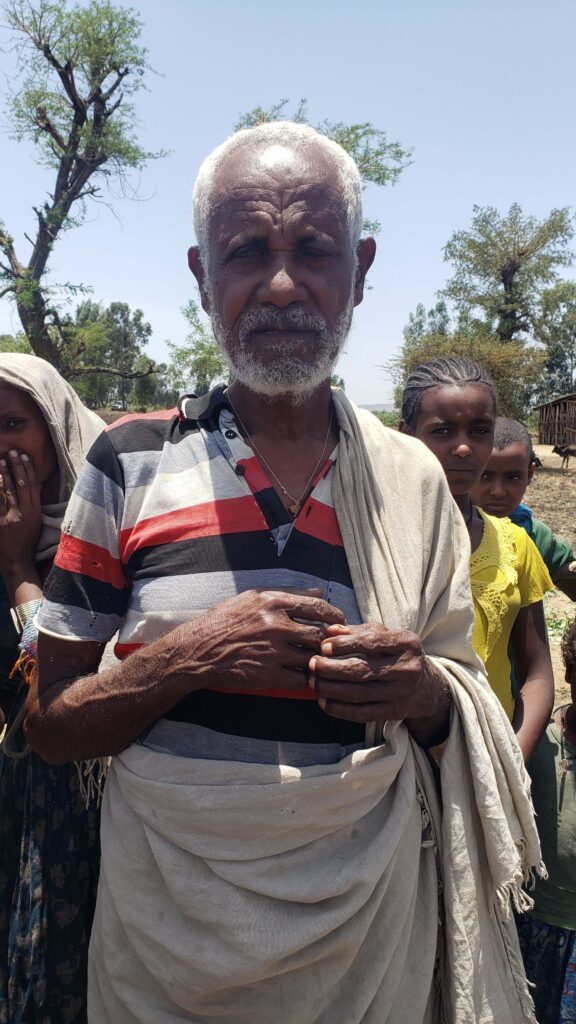
My emotional breakdown moment.
Normally, I try to focus on the positive outcome and impact of Water to Thrive’s work in Africa.
The celebrations, the joy, the words of gratitude, the glory given to God, the unspoken words that I feel in my heart are part of what makes the work so meaningful.
However, there is the dark side that is ever present. What was life like before the well? What were the water conditions they endured? What trials and pains have they battled? My worries and little complaints seem so insignificant and trivial compared to what I witness.
This is my 11th trip to east Africa with Water to Thrive. On every.single.trip I have what I call my “emotional moment” and this one happened in northwest Ethiopia. Water to Thrive’s partner is the Ethiopian Orthodox Church. They, like many of our partners in Ethiopia, emerged as part of famine relief efforts in 1972.
Some people assume Ethiopia is mostly Muslim, but the fact is they are 63% Christian (19% Protestant), and 34% are Muslim. In fact, Ethiopia was one of the 1st regions in the world to adopt Christianity. (Acts 8: 26-40.) Today, the Ethiopian Orthodox Church development arm focuses on food security and resource development, inner church programs, HIV & Aids prevention and control, and refugee and returnees affairs.
In the service area where we partner with EOC in installing wells, I learned that many of the communities dig their own wells, but because of the soil consistency, they collapsed within a couple of months.
The story was the same in many of the communities, that these open-source wells are filled with frogs, snakes and all sorts of worms. See video.
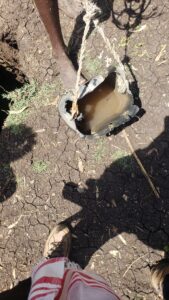
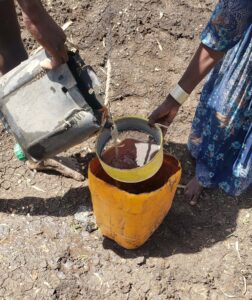
I met one little boy, 13, whose job was to be lowered into the hole (because he was small) to retrieve the dead rats, frogs, and snakes. His name is Berihum Teshome. He was one of the bold children who was not afraid to speak to me in English. He shared that he ranks 3rd in his class and is good at chemistry and physics.
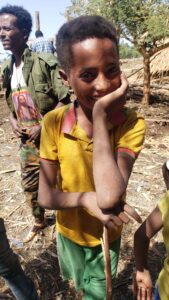
The communities shared how they would use pieces of cloth or a sieve to strain the wriggling worms and floating debris.
However, not everything can be strained using a piece of cloth. At the well site, Tinba Hoya, I met Asrat Tarekan (80 years old) whose wife died five years ago from a water borne illness. After her death and for four years, he has been asking the water district for a well in his village. Fighting back the tears, my thoughts of this dear sweet man who kept asking for clean water years after the devastating death of his wife overwhelmed me. Having seven children to support, one of his daughters explained that she quit school to help care for her siblings.
His simple words of thanks, “I am grateful to God for this well.” As Mother’s Day approaches, let’s all decide to make a difference so that mothers are protected from illnesses and even death. – Susanne Wilson

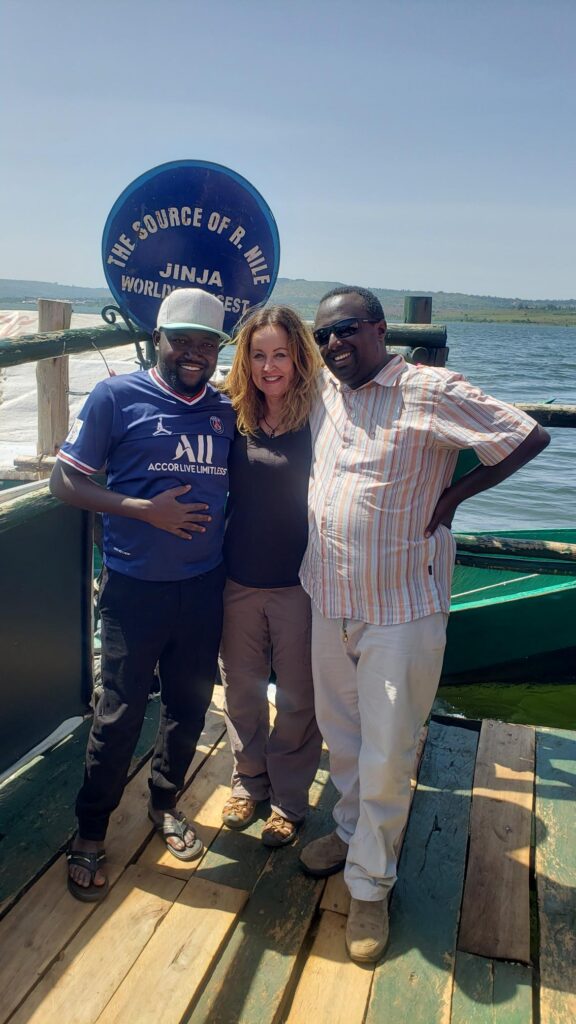
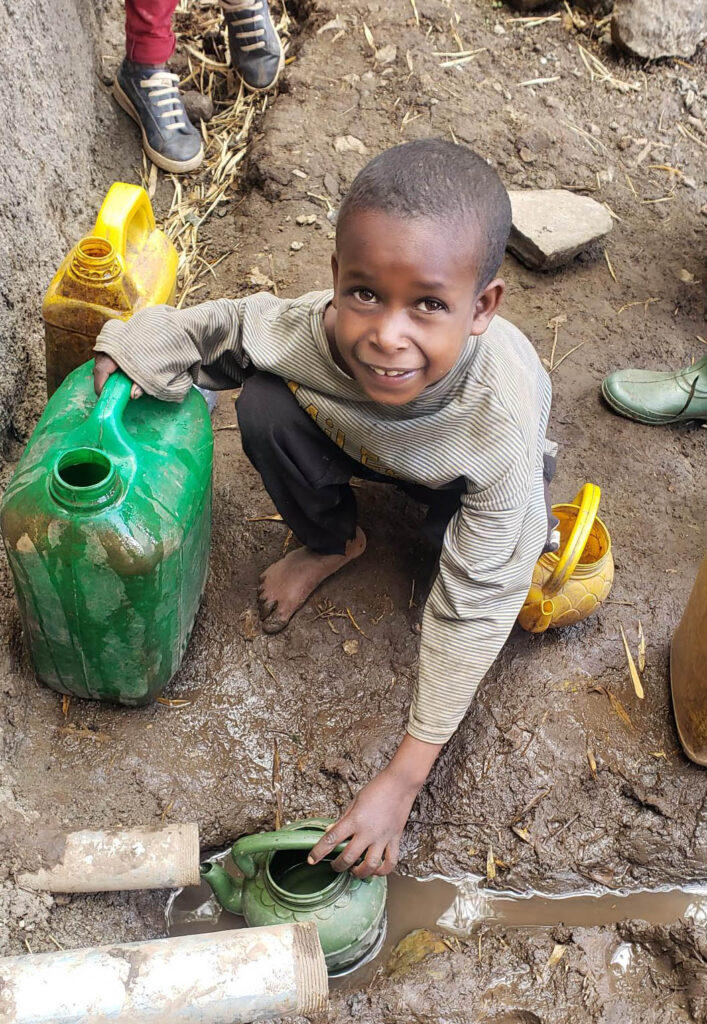
About The Author: Susanne Wilson
Susanne holds a Master of Science degree in secondary education, an MBA from Auburn University, and a certificate in Nonprofit Management. She has been a leader in the non-profit sector since 2001, working with both post-secondary educational institutions and now serves as Executive Director of Water to Thrive.
More posts by Susanne Wilson